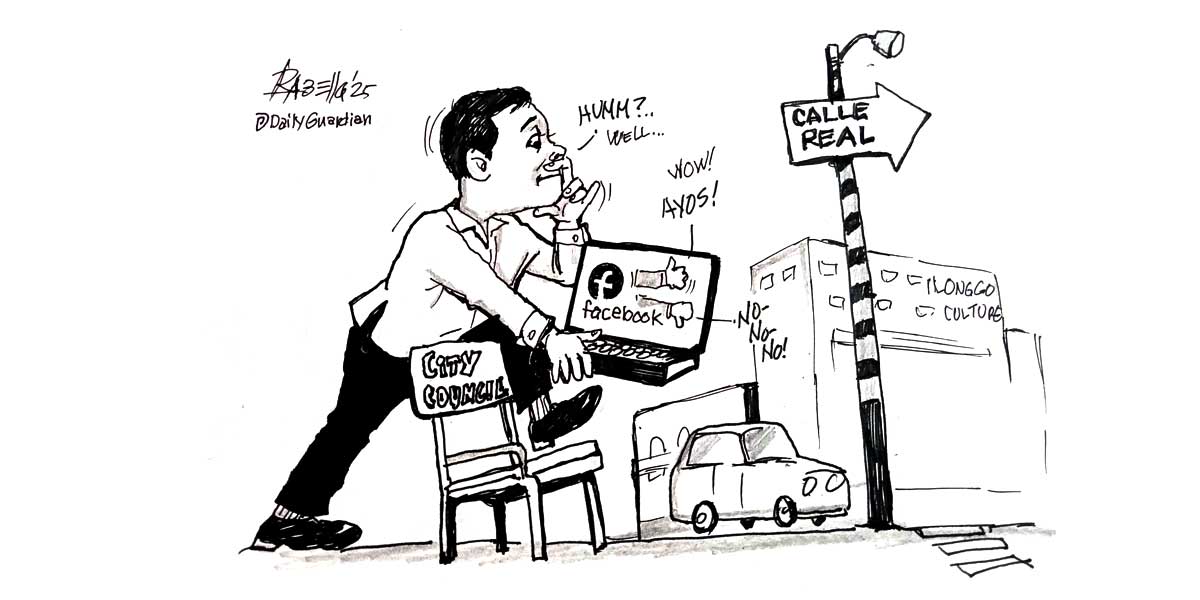By Rjay Zuriaga Castor
A coalition advocating for an eco-friendly, zero-waste, and toxic-free industry has called on the Iloilo city government to reconsider the construction of a state-of-the-art Integrated Solid Waste Management Facility.
“We call on the Iloilo City Government to reconsider the construction of a WTE facility and conduct more intensive research and consultations with its stakeholders in the city,” the Ecowaste Coalition said in a statement.
Earlier this March, the city government signed a joint venture with MetPower Venture Partners Holdings, Inc., Metro Pacific Water Investments Corp., and Metro Pacific Iloilo Water, to construct a waste-to-energy incinerator (WTE).
The coalition pointed out that the initiative to establish a WTE project in the city, with a capacity to process 475 tons of waste daily, “must be scrutinized within the broader context of the city’s waste generation and management strategies.”
It cited the 2021 Waste Analysis and Characterization Study, which revealed that the city generates around 496 tons of waste per day, of which 50 percent is biodegradable, 25 percent is recyclable, and the remaining 25 percent is residual materials.
“This data reveals a stark misalignment between the facility’s capacity and the actual waste profile, suggesting the project might inadvertently foster more waste production, contrary to sustainable waste management practices mandated by Republic Act 9003, or the Ecological Solid Waste Management Act,” it stressed.
Citing the quarter percentage of residuals in the waste stream, the coalition said a WTE project in the city contradicts the aim of reducing waste, as it “encourages a cycle of waste production.”
“Moreover, the plan conflicts with Republic Act 8749, or the Clean Air Act, which aims to protect and preserve the quality of Philippine air. WTE projects, despite advances in technology, entail the combustion of waste materials, a process that inherently emits greenhouse gases, toxic compounds, and particulate matter,” it added.
The coalition noted that even though the facility will be equipped with high-end pollution control mechanisms, the risk of releasing dioxins, furans, and other harmful pollutants cannot be entirely eliminated.
“The proposed WTE facility falls short of addressing the fundamental aspects of waste management that align with environmental preservation and resource conservation principles […] It also represents a step backward in our collective efforts to foster a sustainable and healthy environment,” the coalition highlighted.
The WTE project is pegged at P2.3 billion and will be constructed on a 3-hectare property in Barangay Ingore, La Paz, in October this year.
Designed to process up to 475 tons of solid waste per day, the facility can generate up to 3.5 megawatts of power, which can augment the 10 megawatts for the desalination plant and reduce water costs for consumers.
Despite the promised economic advantages of the project, Ecowaste Coalition said that the facility’s high electricity consumption makes it an expensive waste management strategy, which does not offer cost-effective solutions for energy generation and waste disposal.
“This facility would not address the current environmental issues of Iloilo City; rather, it would only produce toxic and hazardous pollutants such as dioxins and furans known to cause cancers and other life-threatening diseases, which are considered more toxic than the original waste,” it added.
The coalition appealed to the city government to replicate the provincial government’s zero-waste campaign through its various waste management strategies.
“Such approaches, emphasizing waste prevention and responsible management, are preferred over the establishment of WTE facilities,” it added.




















